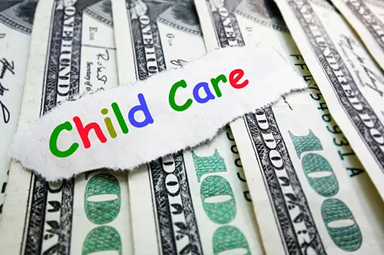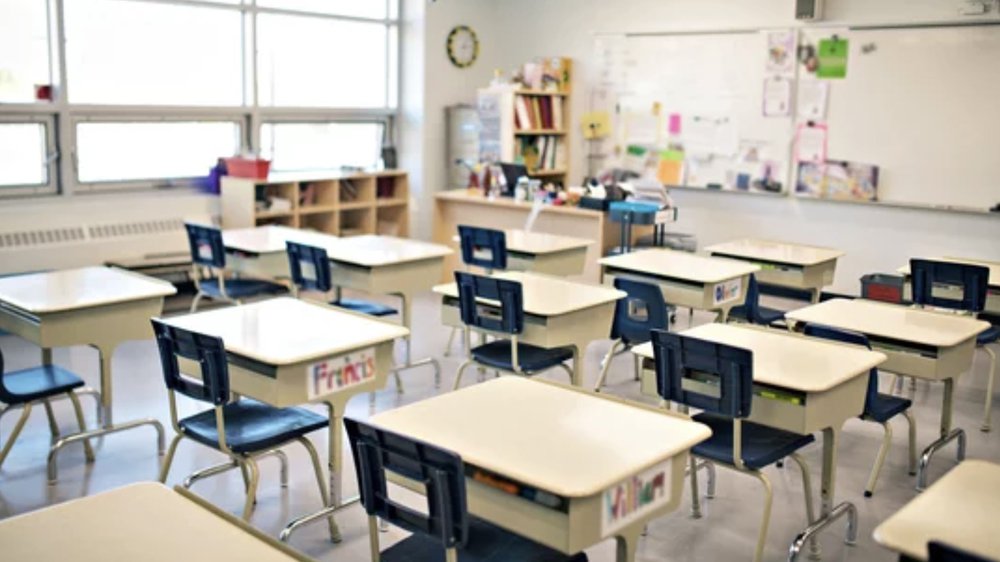Pasco County Schools adds mini-breaks to the school year to curb student absenteeism – By Matthew McClellan, Fox 13 Tampa Bay
In a unanimous vote on Tuesday, Pasco County School board members approved the addition of three four-day weekends, or 'mini-breaks' to the 2024-25 student calendar.
The breaks will be in October, February, and April. The move comes as part of an ongoing effort to improve attendance district-wide, with officials planning to encourage family trips and vacations when classes are not scheduled instead of missing instructional time.
"We are hoping that by placing those four-day weekends strategically, we can encourage our students and families to take their trips or vacations on those long weekends instead of taking off instructional days," explained Assistant Superintendent Kevin Shibley, who oversees the calendar. "And so, we're going to try and market that to our families this year. And here are some mini-breaks throughout the year, so that if you want to take some time off, let's do it then and not miss school during scheduled school."
Reports show absence rates across the district are currently at five percent on average, with the district also reporting a rise in students missing at least ten percent of school days- a rate considered to be chronic absenteeism.

With nation’s highest rate of chronic absenteeism, Alaska school districts explore causes — and solutions – By Annie Berman, Anchorage Daily News
Most school districts in Alaska saw a spike in chronic absenteeism during the COVID-19 pandemic that has been slow to rebound in the years since, according to data from the Alaska Department of Education and Early Development.
Deena Bishop, Alaska’s education commissioner, said this week that she believes the rise in absenteeism is a result of a change in routines brought on by the pandemic, when students were kept at home much more as part of virus mitigation efforts.
Bishop, who served as superintendent of the Anchorage School District during much of that period, expressed regret over the amount of time students spent remote learning during the pandemic.
She described lasting impacts that she believes those years out of the classroom have had on students’ sense of connection to their school communities and to learning.
“We did a disservice to our young people,” she said. “We created habits, and we created the sense that, maybe you don’t have to be present and engaged to learn and to do school. And now, we should not be surprised that some of them are not connected.”

With rural districts struggling, NH lawmakers contemplate student loan forgiveness for teachers – By Ethan Dewitt, New Hampshire Bulletin
New Hampshire school districts have been competing to retain and recruit new teachers for years. But some say schools in rural areas of the state are facing bigger challenges than others.
The work can be uniquely challenging – and more lucrative teaching jobs in wealthier districts are sometimes just a town or two away.
Now, lawmakers in the Senate are attempting to help. A bill approved unanimously by the Senate Education Committee this week would create a “rural educator incentive program” that would make student loan repayment grants available to teachers who work in qualifying rural districts.
“We’ve heard from teachers (and) school administrators about how important a loan repayment incentive program is, and how necessary it is to keep educators in the profession,” said Sen. Donovan Fenton, a Keene Democrat and the bill’s sponsor.

Childcare affordability, accessibility is a problem. SC lawmakers say they want to change that – By Maayan Schecter, SC Public Radio
Quality childcare can be unaffordable and hard to find.
With so few options, parents can sit on wait lists for months, even years.
A growing nationwide problem, South Carolina lawmakers say they're ready to make serious changes to state law that would benefit parents and children and, in turn, expand the state's workforce pool and bolster the economy.
On Thursday, a bipartisan group of six House-Senate lawmakers met for the first time, charged with addressing and drafting legislation on the availability and affordability of childcare.
The hearing came on the same day a South Carolina report from ReadyNation was released that said that childcare costs families, businesses and taxpayers about $1.4 billion each year.











